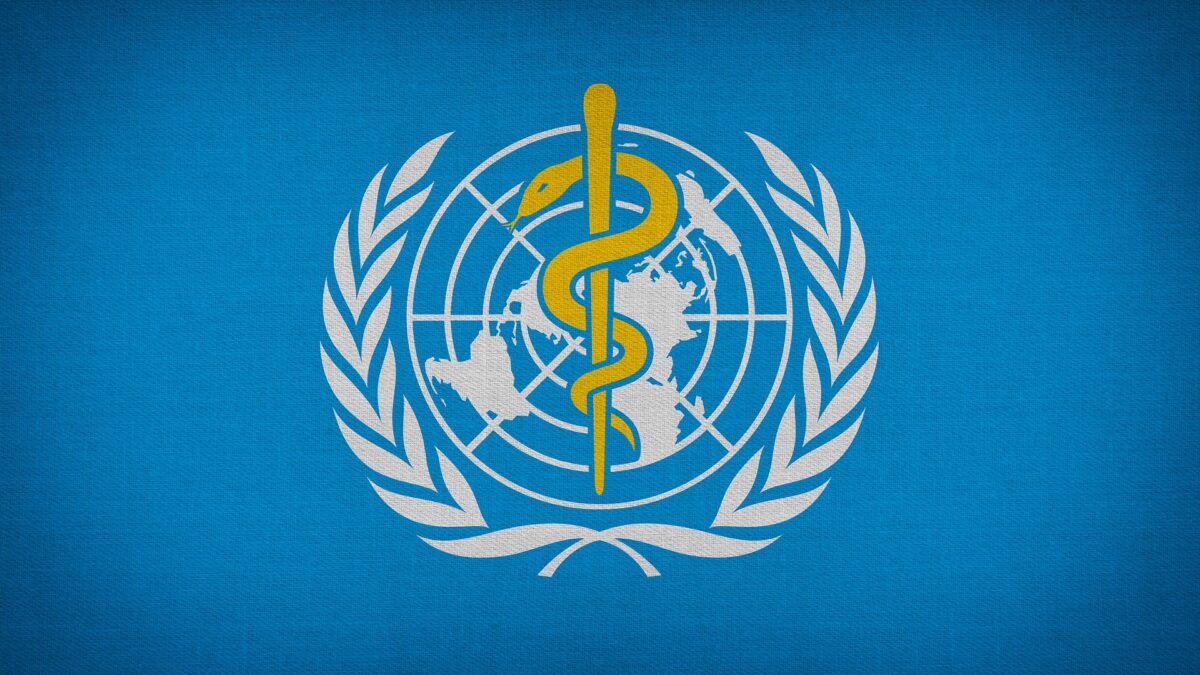
What makes NANOFY curcumin stand out from other similar products?
October 19, 2024
How does curcumin affect cancer cells?
October 25, 2024A healthy lifestyle is the basis for the prevention of many diseases and the key to maintaining good physical and mental condition. The World Health Organization (WHO) has developed a set of universal recommendations that aim to promote health at all stages of life. Here are the most important principles that WHO recommends for leading a healthy lifestyle.
Balanced diet
According to WHO guidelines, the diet should be varied, rich in vegetables, fruit, whole grain products and sources of protein such as fish, eggs, legumes and nuts. Excessive consumption of saturated fats, salt and sugar should be avoided, which contribute to the development of cardiovascular diseases, type 2 diabetes and obesity. WHO also recommends limiting the consumption of processed foods, which often contain unhealthy trans fats.
Physical activity
Regular physical activity is key to health. WHO recommends at least 150 minutes of moderate physical activity per week or 75 minutes of intense exercise. Activity should be adapted to age, health and individual capabilities. For children and adolescents, WHO recommends at least 60 minutes of exercise per day to support development and prevent health problems in adulthood.
Avoiding stimulants
For years, WHO has been warning against the negative effects of alcohol and tobacco use. Excessive alcohol leads to liver disease, cancer and mental disorders. Smoking is the main cause of lung cancer and respiratory diseases. WHO appeals to avoid both of these substances to reduce the risk of many serious diseases.
Healthy sleep
An adequate amount of sleep is essential for the regeneration of the body and mental health. WHO recommends 7-9 hours of sleep per day for adults, while children and adolescents need even more time to sleep to develop properly. Insufficient sleep can lead to problems with concentration, reduced immunity and an increased risk of chronic diseases.
Mental health
When taking care of physical health, one cannot forget about mental health. WHO draws attention to the importance of coping with stress and building healthy social relationships. The organization recommends regular relaxation exercises, such as meditation, breathing techniques, as well as therapeutic support if needed.
Regular preventive examinations
WHO emphasizes the importance of prevention and regular medical examinations. Early detection of health problems significantly increases the chances of effective treatment. Tests such as blood pressure, cholesterol and blood glucose should be performed regularly to monitor health.
A healthy lifestyle according to WHO is a comprehensive approach, including diet, exercise and mental health care. By following these recommendations, you can not only improve the quality of life, but also reduce the risk of many diseases and prolong your healthy life.







